Introduction
In today’s digital age, Artificial Intelligence (AI) is not just a buzzword but a fundamental force transforming every aspect of business. From enhancing customer experience to automating routine tasks and providing deep insights into market trends, AI is revolutionizing the way companies operate and compete. This shift is enabling businesses to achieve unprecedented levels of efficiency and innovation. In this blog post, we will explore the top AI tools that are reshaping the industry and how businesses can leverage them to stay ahead of the curve.
The Importance of AI in Business
AI is redefining the landscape of business operations by offering smarter ways to approach problems and make decisions. The ability to process vast amounts of data at incredible speeds allows AI tools to deliver insights and solutions that were previously impossible. This capability is crucial for businesses looking to enhance operational efficiency, improve customer service, and drive innovation.
AI tools help in various ways, including:
- Predictive Analytics: Forecasting future trends based on historical data, allowing businesses to make proactive decisions.
- Machine Learning: Automatically improving performance without human intervention by learning from past experiences.
- Natural Language Processing (NLP): Enhancing communication with customers by understanding and processing human language.
- Robotics Process Automation (RPA): Automating routine tasks to free up human resources for more strategic activities.
By integrating these AI functionalities, businesses can optimize their operations, reduce costs, and improve overall performance.
Top AI Tools Transforming the Industry
Here’s a look at some of the most influential AI tools that are making a significant impact across various business sectors:
- TensorFlow
Developed by Google, TensorFlow is an open-source machine learning framework that is widely used for creating deep learning models. It enables businesses to develop and train powerful models to analyze and interpret complex data.
Applications: From predictive analytics to image and speech recognition, TensorFlow can be customized for a wide range of tasks, making it indispensable for businesses that require robust data processing capabilities. - IBM Watson
IBM Watson stands out for its sophisticated AI and cognitive computing capabilities. It provides a suite of enterprise-ready tools that can process and analyze large volumes of data to enhance decision-making and customer interactions.
Applications: Watson’s AI-powered insights are particularly beneficial in healthcare, finance, and customer service sectors where precision and efficiency are crucial. Its ability to understand natural language makes it perfect for creating responsive chatbots and virtual assistants. - Salesforce Einstein
Embedded within Salesforce’s CRM, Einstein is a set of AI technologies that automates data analysis, drives predictive analytics, and personalizes customer interactions by harnessing the power of AI.
Applications: From sales forecasting to personalized marketing campaigns, Einstein helps businesses tailor their strategies to better meet customer needs and improve engagement. - Microsoft Azure AI
This comprehensive cloud platform offers a wide range of AI services, including machine learning, cognitive services, and knowledge mining. Azure AI is designed to help developers build and deploy AI applications without needing deep data science expertise.
Applications: Azure’s AI tools are used to develop solutions that can see, hear, speak, understand, and even begin to reason. The platform’s machine learning service provides scalable, trusted tools for all skill levels. - Amazon Web Services (AWS) Machine Learning
AWS provides a broad set of machine learning services and supporting cloud infrastructure, making it easy to develop, train, and deploy scalable machine learning models.
Applications: AWS enables businesses to add intelligence to their applications without requiring machine learning expertise. Its tools support various AI capabilities from text analysis to image and video analysis.
Implementing AI Tools in Your Business
To effectively integrate AI tools into your business operations, follow these steps:
- Identify Business Needs: Understand the specific problems you want AI to solve. Whether it’s improving customer service, increasing operational efficiency, or enhancing product offerings, defining clear objectives is crucial.
- Select the Right Tools: Choose AI tools that align with your business goals and can seamlessly integrate with your existing systems. Consider factors like scalability, ease of use, and support provided by the vendor.
- Train Your Team: Ensure your team is equipped with the necessary skills to use AI tools effectively. This may involve training sessions or hiring new talent with the requisite expertise.
- Deploy Gradually: Start with pilot projects to test the effectiveness of AI in your operations. Gradually expand its use as you gain more confidence and understand its impact.
- Measure and Optimize: Continuously monitor the performance of your AI implementations and make adjustments as needed. Use key performance indicators (KPIs) to measure success and identify areas for improvement.
Conclusion
The revolution of AI in business is here to stay, and the tools mentioned are just the tip of the iceberg. By adopting these technologies, companies can significantly enhance their operations and carve out a competitive edge in the market. As AI continues to evolve, staying updated on the latest tools and trends will be key to maintaining this advantage.

